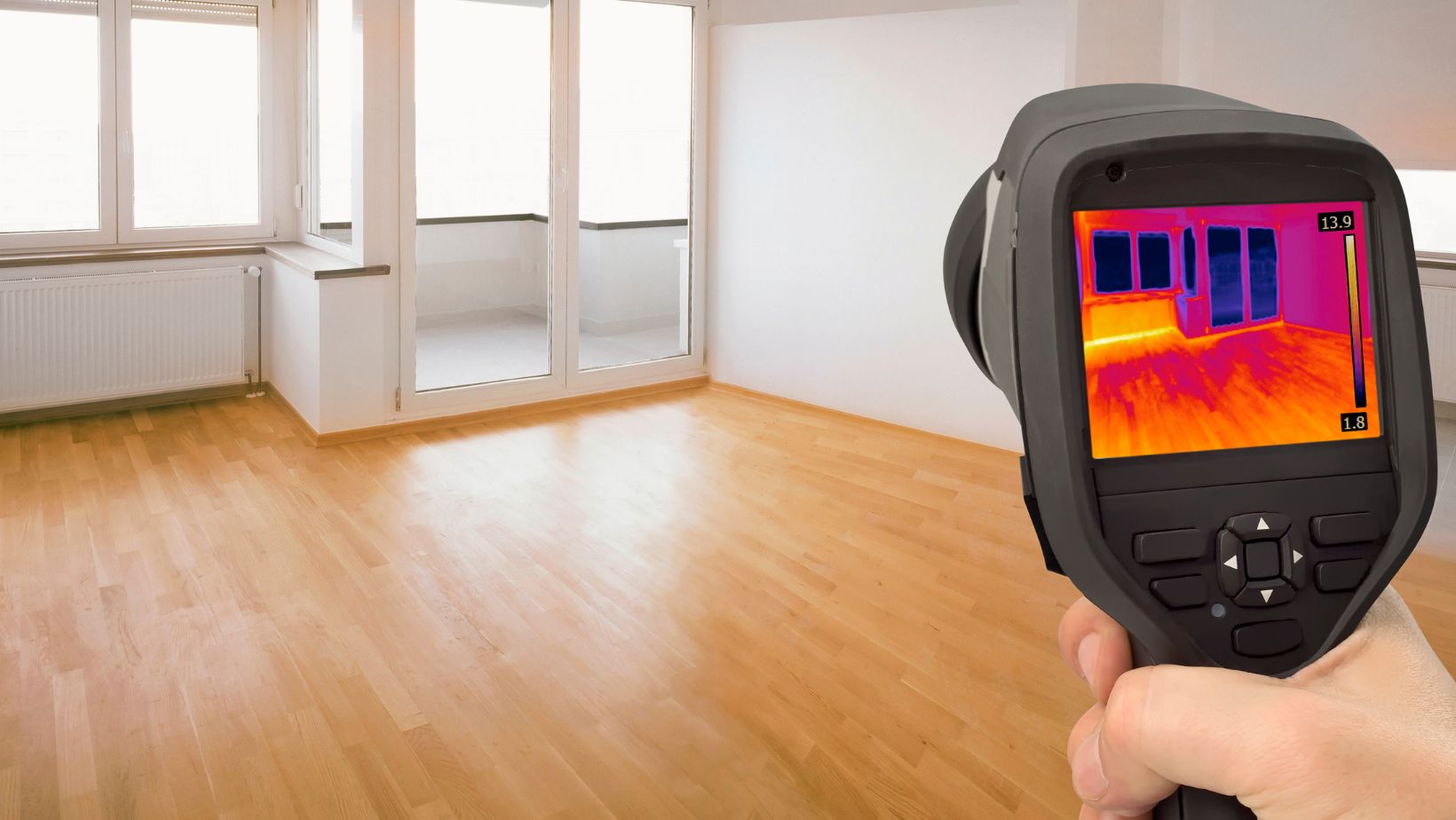There’s no denying how electric vehicles (EVs) have fully revolutionized the entire automotive industry, and as EVs continue to grow in popularity throughout the foreseeable future, so will the necessity for long-term reliability and safety.
What a lot of people tend to overlook is that every EV has a battery-pack heart that essentially controls everything, and these high-voltage components undoubtedly require all sorts of serious protections from hazards.
All of us at Axium Tech have asked ourselves about the overall importance of EV battery safety, which is why we reached out to the Utah-based auto leak testing experts at Z-Axis to ask them some questions about the importance of auto leak testing in regard to EV battery safety—and you’re going to want to sit down and take a deep breath before reading further…
So, check out the below sections to learn more about how leak testing extends EV battery life, prevents failures, and protects drivers from harm!
The Critical Importance Of Sealed EV Battery Systems
Unlike traditional vehicles, EVs rely heavily on a very complex battery system that absolutely must stay tightly sealed at all times.
This is because there can potentially be catastrophic effects when EV batteries come in contact with coolant, water, or even relatively small amounts of moisture. Some of these effects include issues like:
- Battery efficiency reductions
- Electrical malfunctions and short circuits
- Internal component corrosion
- Higher risks of fires or thermal runaway
As is easy to imagine, leak testing is vital during the EV manufacturing process to ensure that battery connectors, enclosures and cooling systems are safe from many different vulnerabilities.
And the end results of these compliance strategies are safer vehicle systems during real-world conditions!
Auto Leak Testing In The EV Manufacturing Process
When manufacturers are producing EVs, they’ll employ many different leak testing systems to evaluate cooling circuits, battery packs and enclosures.
Some of the most common auto leak testing methods include the following:
- Mass Flow Leak Testing: Detects gas or air flow that escapes from even the tiniest of leaks.
- Pressure Decay Leak Testing: Capable of accurately measuring pressure changes and identifying leaks within many different sealed EV systems.
- Tracer Gas Leak Testing: Provides accurate leak detection for microscopic leaks.
All of these leak testing systems are now being integrated into EV assembly lines around the world, and the main purpose is to ensure that batteries and vital components go through rigorous quality control testing prior to installation.
Protecting EVs Against Environmental Challenges
There’s no denying how EVs inevitably go through a wide range of operating conditions, including snowy highways, rainy streets, and an endless amount of off-road environments.
What’s troubling from an auto leak testing standpoint is that a battery leak can allow dust, water or debris to infiltrate these sensitive systems.
This is why EV manufacturers must meet IP (Ingress Protection) ratings, which certify a vehicle’s overall resistance to dust and water intrusion. Some examples of this include EV batteries meeting IP68 or IP67 standards, which are oriented around water submersion resistance.
Thermal Management & EV Cooling Systems
It’s also no secret how EV battery packs generate a ton of heat during operations, which is why cooling systems are so essential for everyday use.
These systems typically utilize coolant channels that run adjacent to very sensitive electrical components, so any leaks can lead to battery housing fires or short circuits.

But through precise auto leak testing strategies, EV manufacturers can better ensure that their cooling system lines are thoroughly sealed and fully capable of long-term stress—which has now become a mandatory step for maintaining a vehicle’s safety and performance!
Regulatory Compliance & Driver Safety
Regulatory bodies and governmental institutions around the world are currently tightening EV safety standards on a broad scale, and leak testing directly supports these safety and compliance standards by ensuring battery durability and performance requirements.
Without rigorous leak testing, even the tiniest of flaws can result in a brand’s reputational damage, serious safety hazards and potential recalls.
This is why automakers everywhere are subsequently taking their leak testing strategies more seriously, which is going a long way to identify lingering issues well before EVs ever reach the road.
The Future Of EV Auto Leak Testing Is Looking Incredibly Bright!
As EV technology inevitably evolves in the coming years ahead, so will auto leak testing demands.
Some of the industry trends that we’re expecting to see include:
- More efficient, automated leak testing for high-volume EV production
- AI-powered monitoring systems for improved leak detection accuracy
- Advanced tracer sensors to detect microscoping leaks
All of these innovations will help auto manufacturers meet the growing demand for EVs, which will help safeguard drivers well into the future!



